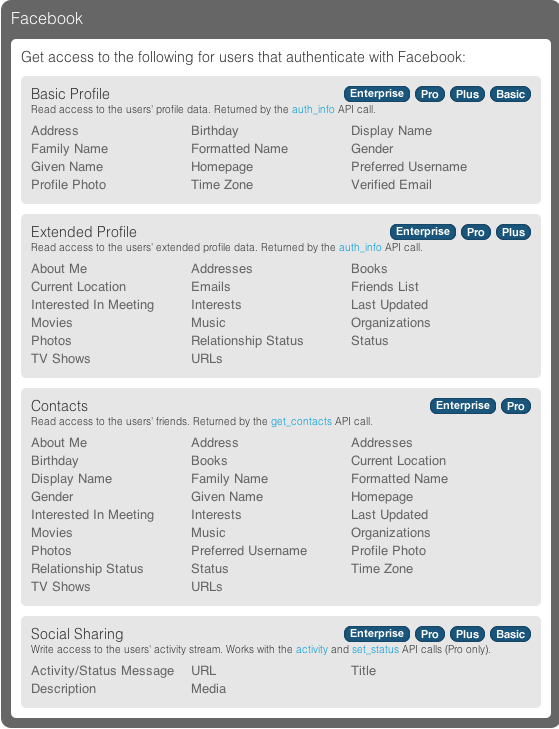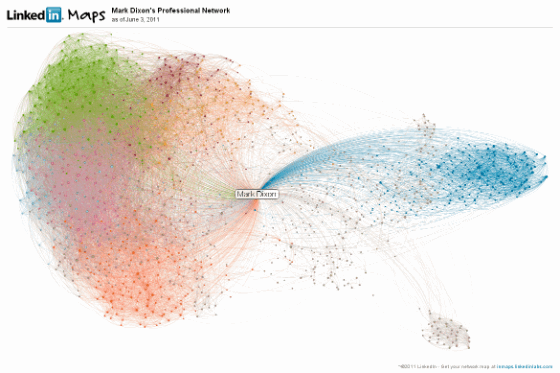Source Doc: The Information Needs Of Communities
 On June 9th, the Federal Communications Commission issued  an interesting document, “The Information Needs of Communities – The Changing Media Landscape In A Broadband Age,” authored by Steven Waldman and The Working Group On Information Needs Of Communities.  (A two-page summary of the document is available here.)
On June 9th, the Federal Communications Commission issued  an interesting document, “The Information Needs of Communities – The Changing Media Landscape In A Broadband Age,” authored by Steven Waldman and The Working Group On Information Needs Of Communities.  (A two-page summary of the document is available here.)
The document introduction states:
In culmination of its work over the last year, the FCC Working Group on the Information Needs of Communities delivered a report on June 9, 2011 addressing the rapidly changing media landscape in a broadband age. In 2009, a bipartisan Knight Commission found that while the broadband age is enabling an information and communications renaissance, local communities in particular are being unevenly served with critical information about local issues.
Soon after the Knight Commission delivered its findings, the FCC initiated a staff-level working group to identify crosscurrent and trend, and make recommendations on how the information needs of communities can be met in a broadband world.
I enjoyed reading the statement by FCCÂ Commissioner Michael J. Copps that accompanied the document’s release; here are a few excerpts:
Let’s begin with a basic truth: the future of our country’s media is an issue that goes to the heart of our democracy. A well-informed electorate is the premise and prerequisite of functioning self-government. To make this compact work, it is imperative that the FCC play a vital role in helping to ensure that all Americans have access to diverse and competing news and information that provide the grist for democracy’s churning mill.
…
The Digital Age holds amazing promise for expanding the scope of our democratic discourse. The Staff Report recognizes this and the present Commission has focused tremendous energy on both broadband deployment and adoption. But let’s recognize up-front that building a new town-square paved with broadband bricks and stacked with good news and information is not going to happen on auto-pilot.
…
An open Internet is not the entire solution for robust Twenty-first century journalism. It’s tougher than that, and I, for one, don’t believe we’ll get there absent some positive public policy solutions. We have never had successful dissemination of news and information in this country without some encouraging public policy guidance, going back to the earliest days of the young republic when Washington, Madison and Jefferson saw to it that newspaper were financially able to reach readers all across the fledgling young republic.
…
These issues mean a lot to me because I believe they mean a lot to our country. I have been outspoken about them–and sometimes blunt, I know. I intend to keep speaking out on them in the months and, if needed, the years ahead. This nation faces  stark and threatening challenges to the leadership that brought us and the world successfully through so many dire threats in the century just past. Now we confront fundamental new uncertainties about the revival of our economy, where new jobs will come from, how we will prosper in a hyper-competitive global arena, how to support the kind of education that our kids and grandkids will need to thrive–indeed to survive–in this difficult time, how to open the doors of opportunity to every American, no matter who they are, where they live, or the particular circumstances of their individual lives.We’ve got a lot to get on top of as a country and if we don’t have the facts, don’t have the information, and don’t have the news about what’s going on in the neighborhood and the town and the nation and world around us, our future will be vastly diminished. That’s why so much rides on the future of what we are talking about today.
I think these are valuable objectives, but it isn’t clear where this document will lead. Â One author commented, “FCC Report on Media Offers Strong Diagnosis, Weak Prescriptions.”
I personally feel sensitive to this changing landscape. Â I love the innovation of the USA Today and Wall Street Journal iPad apps, but I still enjoy reading the local paper-based newspaper over breakfast. Â But my favorite local newspaper went out of business a couple of years ago, and the surviving newspaper is steadily shrinking in size. Â This local newspaper’s online presence falls far short of the USA Today/WSJ readability model. Â It will be interesting to see how this all plays out.
To start with, I think I’ll transfer the whole 465-page report to my iPad and read it there.
PS. Â I think the FCC has an ugly logo. Â That’s all.






 I used to envy Google and the vast digital empire that Schmidt commanded. Â Google had one of the most intricate monopolies of all time. It had the most impressive dataset the world had ever seen; the most sophisticated algorithm to make sense of it; an audience of a billion users expressing their interest; and more than a million advertisers bidding furiously to reach those consumers at just the right moment.
I used to envy Google and the vast digital empire that Schmidt commanded. Â Google had one of the most intricate monopolies of all time. It had the most impressive dataset the world had ever seen; the most sophisticated algorithm to make sense of it; an audience of a billion users expressing their interest; and more than a million advertisers bidding furiously to reach those consumers at just the right moment.
 We call linkages between people “relationships”. In my
We call linkages between people “relationships”. In my 

 I began my career in 1977 as a digital electronics designer. Â My first engineering project was to design a color graphics display, powered by a 16-bit microprocessor and interfaced to a
I began my career in 1977 as a digital electronics designer. Â My first engineering project was to design a color graphics display, powered by a 16-bit microprocessor and interfaced to a